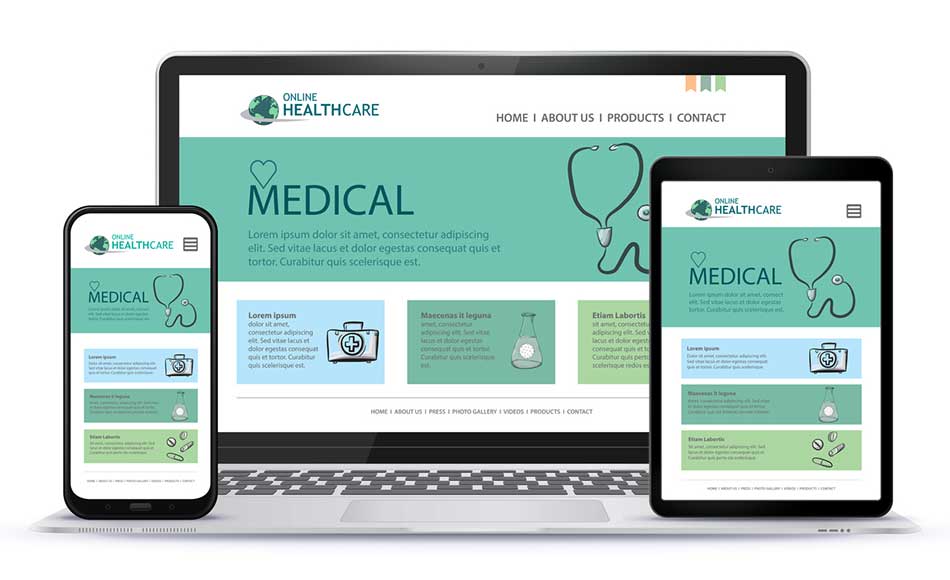Medical website templates can enhance the development of an impactful online presence for healthcare professionals depends on designing elements which both build trust and distribute critical content with speed and clarity. Choosing medical website templates is the first essential step for healthcare providers to build an online presence which both patients and professionals will find compelling.
Understanding the Importance of Specialised Medical Website Templates
Healthcare websites serve unique purposes compared to other business sites. When browsing medical website templates, UK practitioners should prioritise designs that accommodate patient confidentiality requirements, appointment booking systems, and medical resource libraries.
Standard website templates often lack the specialised features necessary for medical practices. Purpose-built medical website templates come pre-configured with essential healthcare functionalities, saving significant development time and reducing potential compliance issues with NHS digital standards.
Key Features to Look for in Medical Website Templates
The effectiveness of a medical website depends largely on its ability to serve patient needs while representing the practice professionally. Quality medical website templates should include intuitive navigation systems that help visitors quickly find crucial information, such as:
A prominent contact section with emergency options stands as perhaps the most vital component. Many premier website templates now feature click-to-call functionality, particularly valuable for mobile users seeking urgent care information.
Appointment booking capabilities vary significantly across different templates. Some offer basic contact forms, while more sophisticated website templates provide integrated calendar systems allowing patients to view availability and book appointments directly.
Accessibility compliance represents another non-negotiable element for UK medical websites. All website templates considered should meet high standards, ensuring people with disabilities can access critical healthcare information without barriers.
Design Considerations for Healthcare Websites
Visual elements contribute significantly to patient trust and comfort. When evaluating website templates, pay careful attention to colour schemes and typography that convey professionalism without appearing clinical or intimidating.
Colour psychology plays a substantial role in healthcare communications. Many effective medical website templates utilise blues and greens that research shows promote feelings of calm and wellbeing among visitors.
Visual harmony can influence how patients perceive your practice before they even make contact. Soft, muted tones combined with clean, modern typography can make a site feel approachable, organised, and trustworthy.
Avoid harsh contrasts or overly bright colours that may appear jarring or unprofessional. Incorporating consistent branding elements, such as your logo and brand palette, helps reinforce credibility and recognition. Imagery also matters—use high-quality, inclusive photos of real people, welcoming environments, and smiling team members to create a sense of warmth and relatability. Ultimately, your website’s design should reflect the care and reassurance patients expect from your services.
Balancing Cost and Customisation
Budget considerations inevitably influence template selection. Website templates range from free options with limited customisation to premium solutions offering extensive tailoring capabilities.
Free templates may appear attractive initially, but often lack the specialised features healthcare providers require. Mid-range medical website templates typically offer the best balance, providing essential medical functions while allowing reasonable customisation to match your practice branding.
Remember that template costs represent only part of the overall website investment. Many medical website templates require additional plugins or customisation work to meet specific practice needs, potentially increasing the total project cost.
Making the Final Selection
After narrowing options based on features and budget, request demonstrations or trial periods before committing. Many providers of medical website templates offer limited-time access to test functionality and user experience.
By carefully evaluating specialised medical website templates against your specific practice requirements, regulatory needs, and patient expectations, UK healthcare providers can establish effective online presences that enhance patient communication while projecting professional competence in an increasingly digital healthcare landscape.

